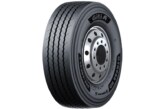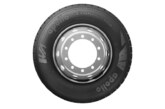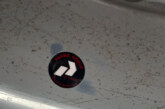Misleading claims regarding HGV and LCV engines
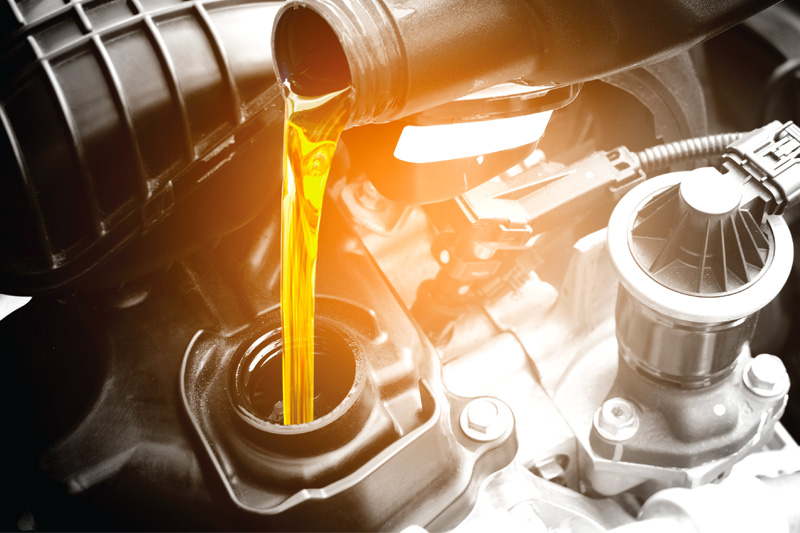
As guardians of lubricant authenticity the VLS is always on the look out for misleading claims about performance. Now it’s on its 100th investigation. Chair Jacquie Berryman gives an insight into recent cases relating to HGV and LCV engines.
Formed in 2013, the Verification of Lubricant Specifications (VLS) exists to provide a credible and trusted means to verify lubricant specifications. Workshop technicians must have confidence that, in an increasingly complex market, the lubricant they select for a particular vehicle really can deliver what it claims.
In 2023, VLS celebrated its 10th anniversary while dealing with the highest number of cases since 2015. The recent rise reflects both the work VLS has done to raise awareness of the importance of lubricant standards and the increasing complexity of the market. Over the past twelve months, the diversity of cases received has been greater than ever before as awareness of VLS extends across all aspects of the UK lubricants industry.
The 100th case concerns a 10W-40 heavy duty diesel oil (HDDO), which is now under investigation. A complaint has been received regarding the product’s claims to meet an OEM specification, which is not known to be generally available in the automotive aftermarket.
Several heavy-duty and light-duty products have recently been investigated, as well as a universal tractor transmission oil, several passenger car and light commercial vehicle engine oils, central hydraulic fluids, hydraulic oils, gear oils, and transmission fluids.
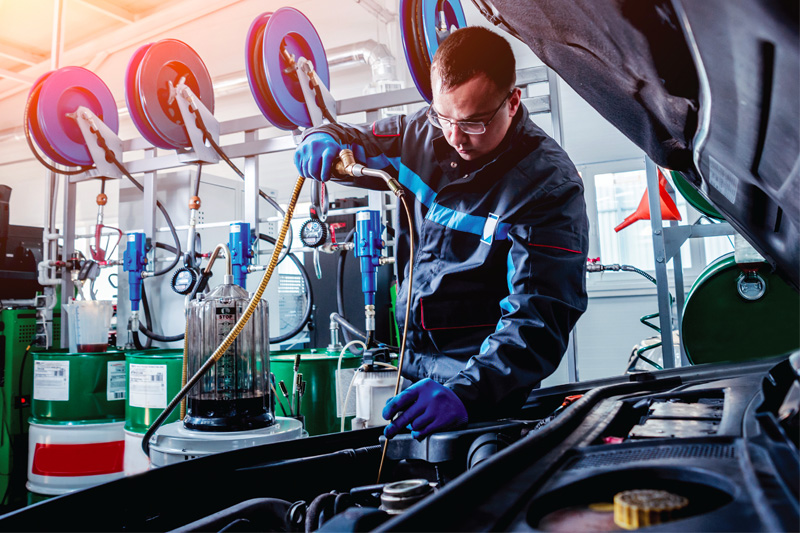
Specious claims Case
VLS010196 concerned a complaint concerning a heavy-duty 5W 30 LS-FE engine oil claiming to meet Volvo VDS-5 / Renault RLD-5 and Mack EOS-5 specifications. The complainant alleged that additive technology complying with these specifications had not been made widely available in the automotive aftermarket, and therefore, such claims should be removed as they are misleading if they could not be supported. Following an investigation by the technical review panel, VLS upheld the complaint on the basis that VLS agreed there was no widely available market general additive technology that had been released to be able to meet these performance claims. The named party did not provide any technical evidence in support of the performance claims, and therefore, the claims are unable to be verified.
Case VLS010193 concerned a C2, C3 5W- 30 LS-PRO engine oil suitable for light-duty vehicles. The complaint alleged that the product claimed performance against VW 502.00/505.00 specifications together with API SN and ACEA C2, C3. Although the ACEA claims are possible, the VW 502.00/505.00 is not compatible with API SN on the 5W-30 viscosity grade due to the phosphorous limits. VLS reviewed and upheld the complaint as by claiming conflicting specifications and not meeting key performance requirements, the product’s claims were misleading. The named party took action to remove some of the claims from product labelling, bringing the product back into compliance.
Case VLS010188, an investigation into a Multi UTTO (Universal Tractor Transmission Oil) WB 101, is due for a six-month review in April 2024. VLS will be looking for evidence from product testing that the product supports the specifications it is claiming in relation to low-temperature properties. If the product is found to be non-compliant at this stage, then it will be notified under VLS’s primary authority scheme to Buckinghamshire & Surrey Trading Standards.
Three cases are currently under active investigation, whilst many of the cases have been brought to a successful conclusion, resulting in affirmative action from the companies involved. Misleading marketing claims have been amended, technical data sheets revised, products relabelled, and, in some cases, stock uplifted and removed from sale.
The lubricants sector is transforming in response to OEM design changes and the need to meet increasing emissions legislation. The strive towards electrification, alternate fuels, Euro 7 proposals, trends towards lower viscosity products and increasing use of biofuels are all having an impact. It’s more important than ever that we have a robust, anonymous process that holds producers to account and protects end users.
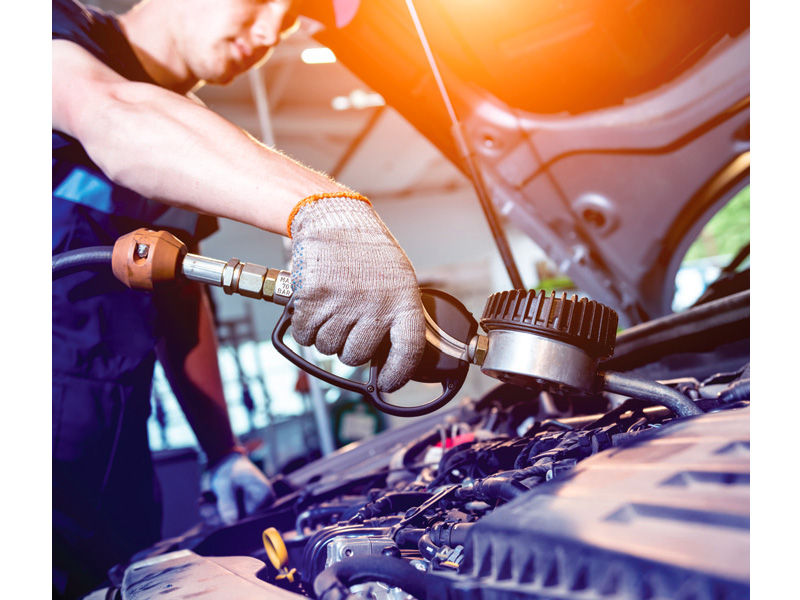
Film stars
VLS has an excellent track record in managing non-compliance. The technical review panel, made up of expert technical professionals from across the lubricants industry, has worked incredibly hard over the last twelve months to deal with a significant volume of varied and challenging cases. Our objective is always to bring products into compliance, and we thank many of the companies involved in these investigations for taking swift corrective action to protect end users.
We are confident that 10 years later, the message around compliance is being heard. Lubricant blenders, manufacturers, and distributors alike know that they will be held accountable by VLS to ensure that lubricants are correctly described and really can deliver what they claim. But as the industry evolves, we know there is still work to be done to ensure an open and fair marketplace in which end users can have confidence.

